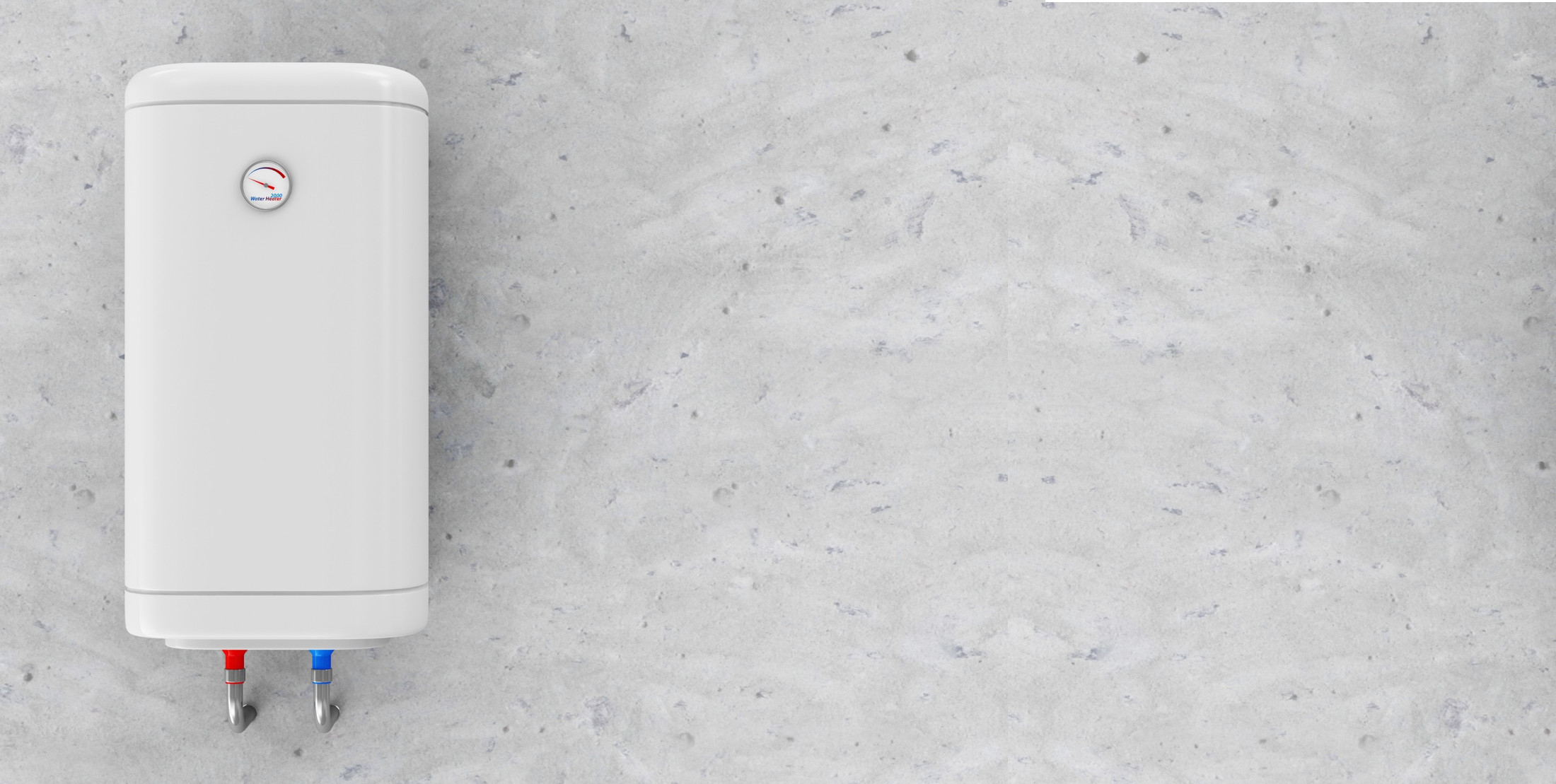
Reducing our carbon footprint is increasingly important as we strive to protect our environment. Modern boiler technology offers a significant opportunity to decrease energy consumption and emissions, paving the way for a more sustainable future.
New advancements in boiler systems, such as high-efficiency condensing boilers and smart controls not only optimize energy use but also provide substantial financial benefits for homeowners.
How Modern Boiler Technology Reduces Carbon Footprint
Modern boiler technology significantly lowers a home's carbon footprint through advancements like condensing boilers and smart controls. These innovations enhance energy efficiency and minimize emissions, offering a more sustainable heating solution.
Condensing Boilers
Condensing boilers are designed to capture and reuse heat that would otherwise be lost in traditional systems. By condensing water vapor in the exhaust gases and recovering latent heat, these boilers achieve much higher efficiency levels. T
his means they use less fuel to produce the same amount of heat, leading to a significant reduction in carbon dioxide emissions. The increased efficiency translates to lower energy bills for homeowners.
Smart Controls
Smart controls, such as programmable thermostats, further enhance boiler performance by optimizing heating schedules based on usage patterns. These controls allow homeowners to set specific temperatures for different times of the day, ensuring the boiler operates only when needed.
By minimizing unnecessary energy consumption, smart controls help reduce the overall carbon footprint of a home. Additionally, remote management capabilities enable users to adjust settings from anywhere, providing convenience and further energy savings.
Tips for Choosing the Right High-Efficiency Boiler
Upgrading to a high-efficiency boiler is a significant investment that can lead to long-term savings and environmental benefits. However, not all boilers are created equal, and selecting the wrong one can result in suboptimal performance and higher energy costs. With various options available in the market, it's important to consider several factors to ensure you choose the best system for your needs.
Assess Your Home's Heating Needs
Before choosing a boiler, it's important to assess your home's heating requirements. This involves understanding the size of your home, insulation quality, and climate conditions.
Qualified engineers can perform heat-loss calculations to determine the most efficient boiler size for your home. These calculations take into account factors such as the size of each room, window types, and insulation levels.
Properly sizing your boiler ensures that it operates efficiently, providing optimal performance and energy savings. An undersized boiler will struggle to heat your home, while an oversized one will cycle on and off frequently, wasting energy.
Efficiency Ratings
When comparing boilers, pay close attention to their Annual Fuel Utilization Efficiency (AFUE) ratings. The AFUE rating measures the percentage of fuel converted into usable heat.
Higher AFUE ratings indicate more efficient boilers, which can lead to substantial energy savings over time. For example, a boiler with an AFUE rating of 95% converts 95% of the fuel it consumes into heat, with only 5% lost. Understanding these ratings helps you choose a boiler that meets your energy efficiency goals.
Also, look for boilers with the ENERGY STAR label, which signifies that they meet strict energy efficiency guidelines.
Compatibility with Smart Home Systems
Integration with smart thermostats and controls allows for seamless operation and optimization of your heating system.
Smart thermostats can learn your heating preferences, adjust temperatures based on occupancy, and provide remote control through smartphone apps. This not only enhances energy efficiency but also adds convenience to your daily routine. Some advanced boilers also offer connectivity features that enable proactive maintenance alerts and performance monitoring.
Consider Fuel Type and Availability
When selecting a high-efficiency boiler, consider the type of fuel it uses and its availability in your area. Common fuel types include natural gas, propane, oil, and electricity. Natural gas and propane are often preferred for their lower operating costs and cleaner combustion. However, the availability of these fuels can vary depending on your location.
Electric boilers are another option, particularly in areas where other fuel types are not readily available or for homes aiming to reduce their carbon footprint further. Electric boilers convert electrical energy into heat, offering a cleaner alternative to fossil fuels. They are highly efficient since they don't lose energy through flue gases and can be integrated seamlessly with renewable energy sources like solar panels. While the operating costs can be higher compared to natural gas or propane, electric boilers are easier to install and maintain, and they produce no direct emissions, making them an environmentally friendly choice.
Evaluate Long-Term Costs
While the initial cost of a high-efficiency boiler is an important consideration, it's equally important to evaluate the long-term costs associated with its operation and maintenance.
High-efficiency boilers may have a higher upfront cost, but their reduced energy consumption can lead to significant savings on your utility bills over time. Consider the availability and cost of replacement parts, as well as the frequency of required maintenance.
Investing in a quality boiler with lower long-term costs can provide greater value and peace of mind.
Financial and Environmental Benefits
Upgrading to a modern boiler not only enhances your home's efficiency but also provides significant financial and environmental advantages.
Long-Term Cost Savings
Modern high-efficiency boilers are designed to use less fuel while producing the same amount of heat, which translates to considerable savings on your energy bills.
- Reduced Fuel Consumption
By optimizing energy use, high-efficiency boilers minimize the amount of fuel needed, directly cutting down on heating costs. - Lower Maintenance Costs
Modern boilers often come with advanced technology that requires less frequent maintenance and repairs, saving you money in the long run. - Government Rebates and Incentives
Many regions offer attractive rebates and incentives for homeowners who upgrade to energy-efficient appliances. These financial incentives can significantly lower the initial investment cost, making the upgrade more affordable. - Increased Property Value
Investing in a high-efficiency boiler can increase your home's market value. Prospective buyers often look for energy-efficient homes, and having a modern boiler can be a strong selling point.
Environmental Impact
Upgrading to a modern boiler also has profound environmental benefits, contributing to a healthier and more sustainable planet.
- Reduced Greenhouse Gas Emissions
High-efficiency boilers emit fewer greenhouse gases compared to older models. By using less fuel, these boilers produce fewer emissions, helping to combat climate change. - Lower Carbon Footprint
With decreased energy consumption, modern boilers reduce your home’s overall carbon footprint. This means you’re not only saving money but also playing a part in protecting the environment. - Sustainable Living
Embracing energy-efficient technology is a step towards sustainable living. Modern boilers are designed to be more eco-friendly, ensuring that your heating needs are met with minimal environmental impact. - Support for Renewable Energy
Some modern boilers are compatible with renewable energy sources, such as solar thermal systems. Integrating these technologies can further enhance your home's sustainability and reduce reliance on fossil fuels.
Additional Benefits
- Enhanced Comfort and Control
Modern boilers often come with smart controls that allow you to manage your home’s heating more effectively. With features like programmable thermostats and remote access, you can maintain optimal comfort levels while maximizing energy efficiency. - Noise Reduction
Newer boiler models operate more quietly compared to older systems, providing a more peaceful home environment. - Longevity and Reliability
Modern boilers are built with advanced materials and technology, offering greater durability and reliability. This means fewer breakdowns and a longer lifespan for your heating system
Modern Boiler Technology for a Greener Future
Modern boiler technology offers numerous benefits, from enhanced energy efficiency to significant reductions in greenhouse gas emissions. High-efficiency condensing boilers and smart controls not only lower energy bills but also contribute to a more sustainable environment. Upgrading to a modern boiler is a wise investment, offering long-term financial savings and helping to create a cleaner, greener future.
Take the next step towards a more energy-efficient and environmentally friendly home. Our team at The Boiler Shoppe is ready to help you find the perfect modern boiler for your needs. Contact us to schedule a consultation and start enjoying the benefits of cutting-edge boiler technology.
